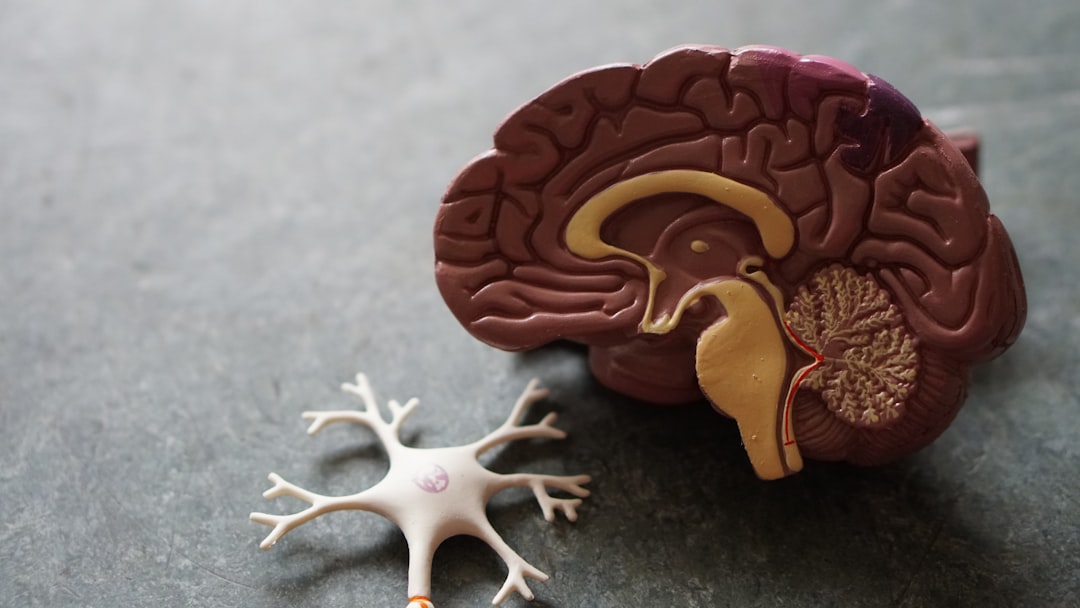What is it about?
In an era where wellness takes center stage, a cutting-edge study known as BREAK is making waves by delving into the intricate science behind weight loss and its maintenance. The BREAK study protocol, a comprehensive investigation, explores the effects of intermittent energy restriction on adaptive thermogenesis—a key player in achieving and sustaining weight loss. The BREAK study, conducted by a team of leading researchers, aims to revolutionize our understanding of weight management by dissecting the role of intermittent energy restriction in adaptive thermogenesis.
Featured Image

Photo by Brooke Lark on Unsplash
Why is it important?
Adaptive thermogenesis refers to the body's ability to regulate energy expenditure in response to changes in caloric intake. This process is crucial in the context of weight loss, as it can influence the body's ability to adapt to reduced calorie consumption and, ultimately, impact the success of long-term weight maintenance. Dr. Filipa Cortez, the main investigator of the BREAK study, emphasizes the potential impact of this research on public health. "Understanding the mechanisms behind adaptive thermogenesis during weight loss is crucial for developing effective and sustainable interventions. The BREAK study could provide valuable insights into optimizing weight management strategies for individuals seeking lasting results".
Perspectives
We are eagerly anticipating the results of the BREAK study, hoping that the findings will offer practical and evidence-based solutions for those navigating the complex journey of weight loss and maintenance. As the research unfolds, it promises to contribute to a new era of personalized approaches to weight management, empowering individuals to make informed choices for a healthier and more sustainable lifestyle.
Filipa Cortez
Faculty of Nutrition and Food Sciences - University of Porto
Read the Original
This page is a summary of: The BREAK study protocol: Effects of intermittent energy restriction on adaptive thermogenesis during weight loss and its maintenance, PLoS ONE, November 2023, PLOS,
DOI: 10.1371/journal.pone.0294131.
You can read the full text:
Resources
Contributors
The following have contributed to this page










